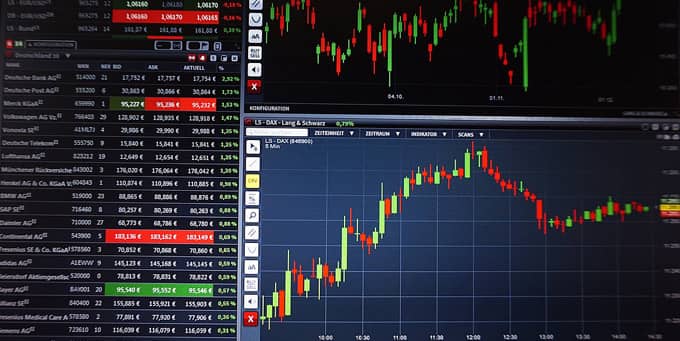
In the fast-paced world of Contract for Difference (CFD) trading, mastering the psychology behind your decisions is just as important as understanding the market itself. Your emotions can be your greatest ally or your worst enemy. This blog post delves into the psychological aspects of CFD trading and offers strategies to manage your emotions effectively.
Understanding the Role of Emotions in Trading
Emotions are an integral part of human nature. While they can provide valuable instincts, in the realm of CFD trading, they often lead to irrational decisions.
Common Emotions in Trading
1. Fear: Fear of losing money can cause traders to exit positions prematurely or avoid trades altogether, missing out on potential gains.
2. Greed: The desire for more profit can lead to overtrading or holding onto positions for too long, risking substantial losses.
3. Hope: Holding onto losing positions in the hope that the market will turn around can result in significant financial damage.
4. Regret: Reflecting on past mistakes can paralyze decision-making processes, preventing you from taking advantage of new opportunities.
Strategies for Managing Emotions
Develop a Trading Plan
A well-thought-out trading plan acts as a roadmap, guiding your decisions based on predefined criteria rather than emotional impulses. It should include:
• Entry and Exit Points: Clearly define when you will enter and exit trades.
• Risk Management: Determine how much capital you are willing to risk on each trade.
• Position Sizing: Decide the size of each trade to ensure it aligns with your risk tolerance.
Stick to Your Plan
Once you have a plan in place, the challenge is to adhere to it. This requires discipline and self-control. Avoid the temptation to deviate from your plan based on short-term market movements or emotional reactions.
Use Stop-Loss Orders
Stop-loss orders are a critical tool for managing risk. They automatically close a position when it reaches a predetermined level of loss, protecting you from significant downturns. By setting stop-loss orders, you remove the need to make split-second decisions driven by fear or panic.
Practice Mindfulness and Stress Management
Mindfulness techniques, such as meditation and deep-breathing exercises, can help you stay calm and focused. By reducing stress levels, you can make more rational decisions and avoid impulsive actions.
Learn from Your Mistakes
Every trader makes mistakes. The key is to learn from them. Keep a trading journal to document your trades, including the rationale behind each decision and the outcomes. Reviewing your journal regularly can help you identify patterns in your behavior and make necessary adjustments.
Seek Support and Education
Surround yourself with a community of like-minded traders who understand the psychological challenges of CFD trading. Engaging in discussions, sharing experiences, and learning from others can provide valuable insights and emotional support.
Conclusion
The psychology of CFD trading is a complex but crucial aspect of achieving long-term success. By understanding and managing your emotions, you can make more informed decisions, reduce the impact of stress, and improve your overall trading performance. Remember, the journey to mastering your emotions is ongoing, but with dedication and the right strategies, you can navigate the psychological challenges of CFD trading effectively.
Start implementing these strategies today, and watch as your trading mindset transforms, leading to more consistent and rational decision-making in the dynamic world of CFD trading.